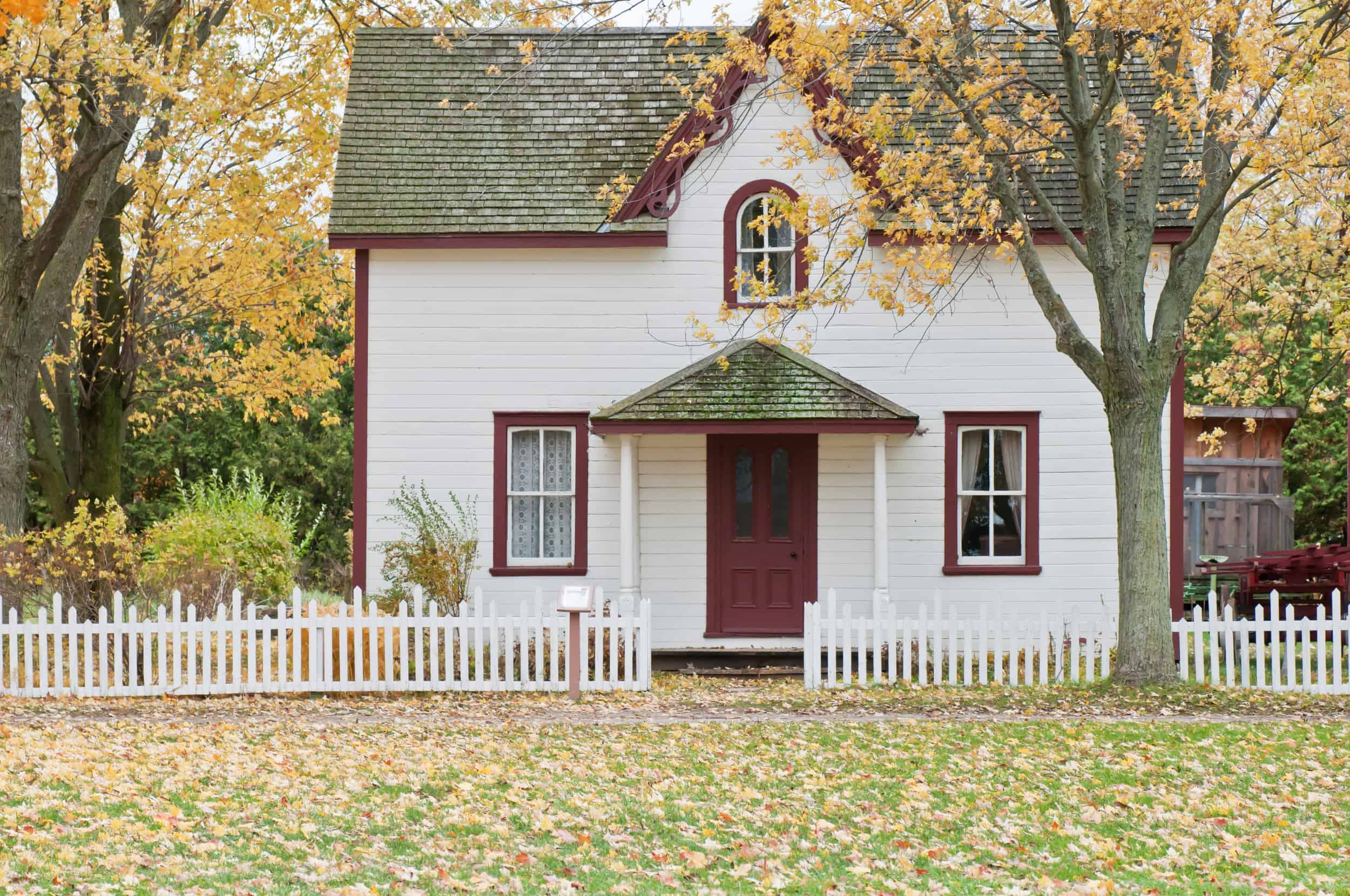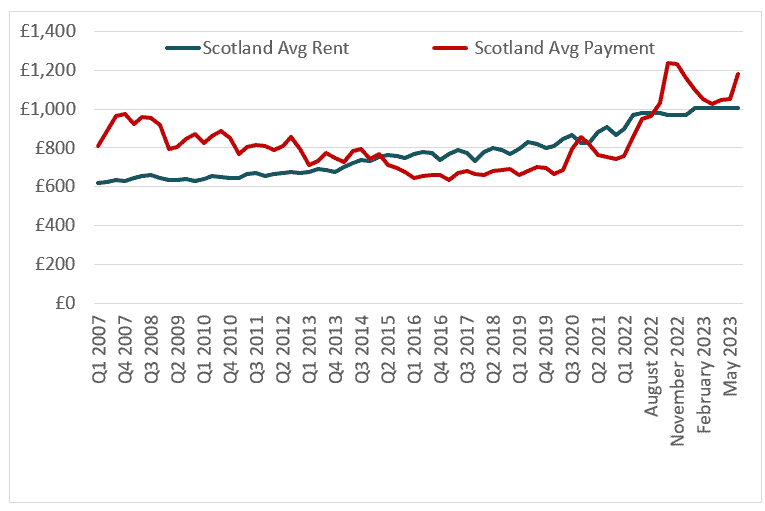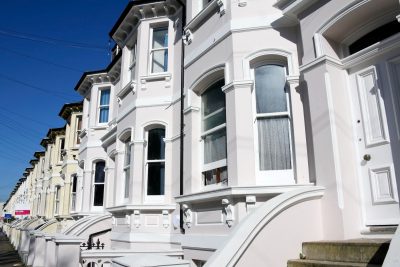With rising rents being accompanied by rising mortgage costs across Scotland just now, many households are having a debate about whether to rent or buy. There are various sentiment surveys out recently that have been examining renting vs buying.
This particularly affects younger households, including those deciding on whether now is a good time to step onto the property ladder.
Despite the economic gloom, it is likely that the main adjustment in the housing market will be in transactions rather than prices, so people staying out of the market just now in the hope of some sort of ‘house price crash’ are likely to be disappointed. The rate of price growth is decelerating and it is likely that prices will fall this year and into next, but house prices have been resilient in recent years and a marked decrease is not currently being forecasted unless interest rates start rising beyond 6%, which is not impossible but considered unlikely just now.
Availability crisis
Meanwhile, in the rental market, there is a clear availability crisis, especially in the country’s hotspots of its main cities, and rents on newly advertised properties are increasing at double digit annual growth, with historically low time to let. Those within tenancies will find themselves protected by the Scottish Government’s rent cap and evictions ban but, given that tenancies only last around two years on average and the emergency legislation on which this is based only runs to next March, the benefits of this policy are time-limited.
When comparing the average cost of a mortgage in Scotland (based on the average house price and using the average loan to value, loan to income and 2-year 85% fixed rate mortgage) with the average rental payment, these costs have varied over time in relation to each other, as shown below.
Just before the 2008/09 global financial crisis, the average mortgage payment was well ahead of the average rent in Scotland, but mortgage costs began to subside from 2008 (due to very low interest rates) as average rents started to grow. From 2014, the average rent overtook the average mortgage payment in Scotland and largely stayed ahead up until late 2022, when rising inflation and the UK Mini Budget caused a sharp rise in interest and mortgage rates, and average mortgage payments once more surged ahead of average rents despite rents also continuing to rise.
There are, of course, other costs to home ownership that you should avoid in renting, including insurance, factoring, etc., so this analysis has its limitations, but is still a useful indicator of incentivisation to buy or rent over time.
Current market conditions create some incentivisation for people to rent rather than buy, until at least rates settle down. But people’s decision-making will be affected by a number of factors, including property availability, their expected length of time living in an area, life-stage and equity. Although house prices may turn down this year and next, housing remains a strong investment over time and, unlike a rented property, you are using your mortgage to own progressively more of the asset until you have paid it off and enjoy full ownership. Although we have seen a rapid rise in households renting privately over the last couple of decades, this desire to own property remains strong in Scotland and the wider UK.
Rettie & Co.’s Summer Market Briefing explores wider housing market issues across the housing sales and rental sectors in Scotland.













